Goldcorp expands into the Yukon by acquiring Kaminak
Goldcorp came out of nowhere about a decade ago with an impressive growth story following a period of prolific merger and acquisition activity. Now amongst the world’s top gold producers, the company is anchored by a suite of young, high potential mines with significant upside.
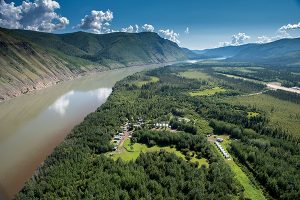
The Coffee exploration camp.
Last year, Goldcorp’s mining portfolio expanded north into the Yukon Territory, with the acquisition of Kaminak Gold Corp. The acquisition brought a new key asset into the fold, the 100%-owned Coffee gold project, located approximately 130 km south of Dawson City.
Named after a coffee coloured tributary of the Yukon River, Coffee is a high grade, open pit mining project that provides Goldcorp with an opportunity to add high quality ounces to its development pipeline, at low all-in sustaining costs. The project’s land package comprises over 60,000 ha, and currently has total proven and probable gold mineral reserves of 2.16 million oz, measured and indicated gold mineral resources of 690,000 oz and inferred gold mineral resources of 2.21 million oz.
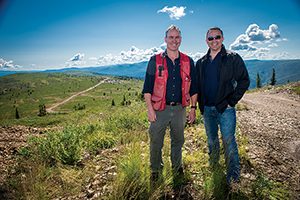
Brent Bergeron, EVP corporate affairs and
sustainability (right) and Tim Smith, exploration
manager, on the ground at the Coffee project.
With several mines in northern regions of Canada, Goldcorp is well practiced at operating in sub-zero climates. The site will be accessible by road most of the year, but seasonal ice bridges will be used to cross the Stewart and Yukon Rivers during the coldest winter months. The company is also considering using an automated haul truck fleet that would allow employees to work from a heated remote control centre. Personnel and gold will be transported by air to the remote location, with supplies arriving via a 214 km access road originating in Dawson City.
This frozen northern climate does present challenges when cataloguing and monitoring local aquatic ecosystems. Prior to the Goldcorp acquisition, biologists set fish traps and video cameras in sections of rivers where water continues to flow beneath the ice during winter to assess fish habitat. As this approach is not always effective, a new research method called environmental DNA was also used to better understand the habitat downstream of the mine site. This technique consists of collecting water samples at different locations along creeks and rivers, and filtering the sampled water to collect the DNA of organisms. These filters were then sent to labs to test for the presence of various species. This eDNA provides a clear indication of whether a specific species has been present in the area tested one month prior to the sample collection.
On land, Goldcorp will use cameras to track wildlife movement, and will catalogue sightings during mine construction and operation, in accordance with its wildlife management plan.
Kaminak’s strong relationships with stakeholders and focus on sustainability, in addition to sound economics and an impressive deposit, sparked Goldcorp’s interest in the acquisition. Kaminak spent a considerable amount of time and effort to develop partnerships at multiple levels of governing bodies – local, regional and First Nations. Goldcorp recognized the work Kaminak’s team had done beyond the basic parameters of consultation with all of its stakeholders, involving them in activities directly related to the project’s sustainability, something Goldcorp believes should always be done at an early stage to ensure long term success.
“The acquisition of Kaminak and its Coffee project in the Yukon is consistent with our strategy of populating our asset pipeline with opportunities that not only add value for our shareholders, but that also create long term sustainable value for the communities we impact through our operations,” said Brent Bergeron, Goldcorp’s executive vice-president of corporate affairs and Sustainability. “Kaminak has done an excellent job engaging with First Nations throughout the initial exploration phases, which will serve as a solid foundation for us to build upon as the project enters the next phase of development.” Currently in the permit application stage, Goldcorp expects to hire approximately 400 people for the construction phase of the project and another 300 full time jobs once the mine is in operation, creating both direct and indirect benefits for the community.
“Benefits go well beyond dollars and cents. It is also how the project and Goldcorp can be a catalyst to build capacity for future generations,” added Bergeron. “Having the economic, technical and social elements well-established in the fabric of the project makes us confident that this investment is right for Goldcorp, and we will work to appropriately develop these opportunities.”
In the near term, the project’s primary focus will be on consultation and the permitting process. Goldcorp is also ramping up exploration activities at the site. With a large, geologically prospective land package in a mining friendly jurisdiction, the Coffee project has the potential to grow into a camp that delivers long term significant sustainable value.
Pending permits, road construction would begin in 2018 and site construction in 2019, with first gold expected in the fourth quarter of 2020. Operations are expected to span more than a decade.
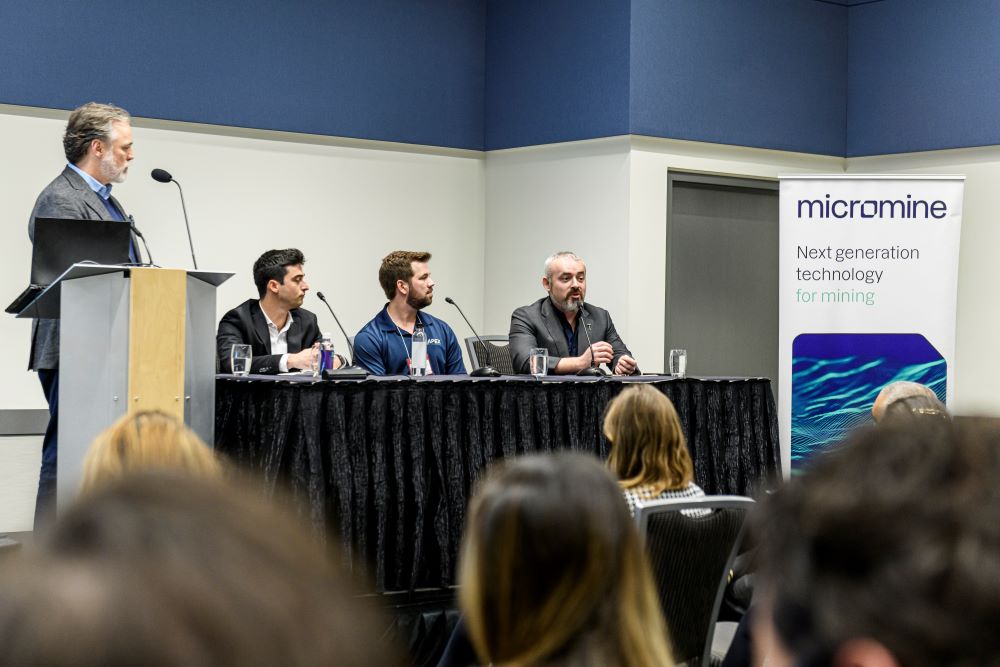
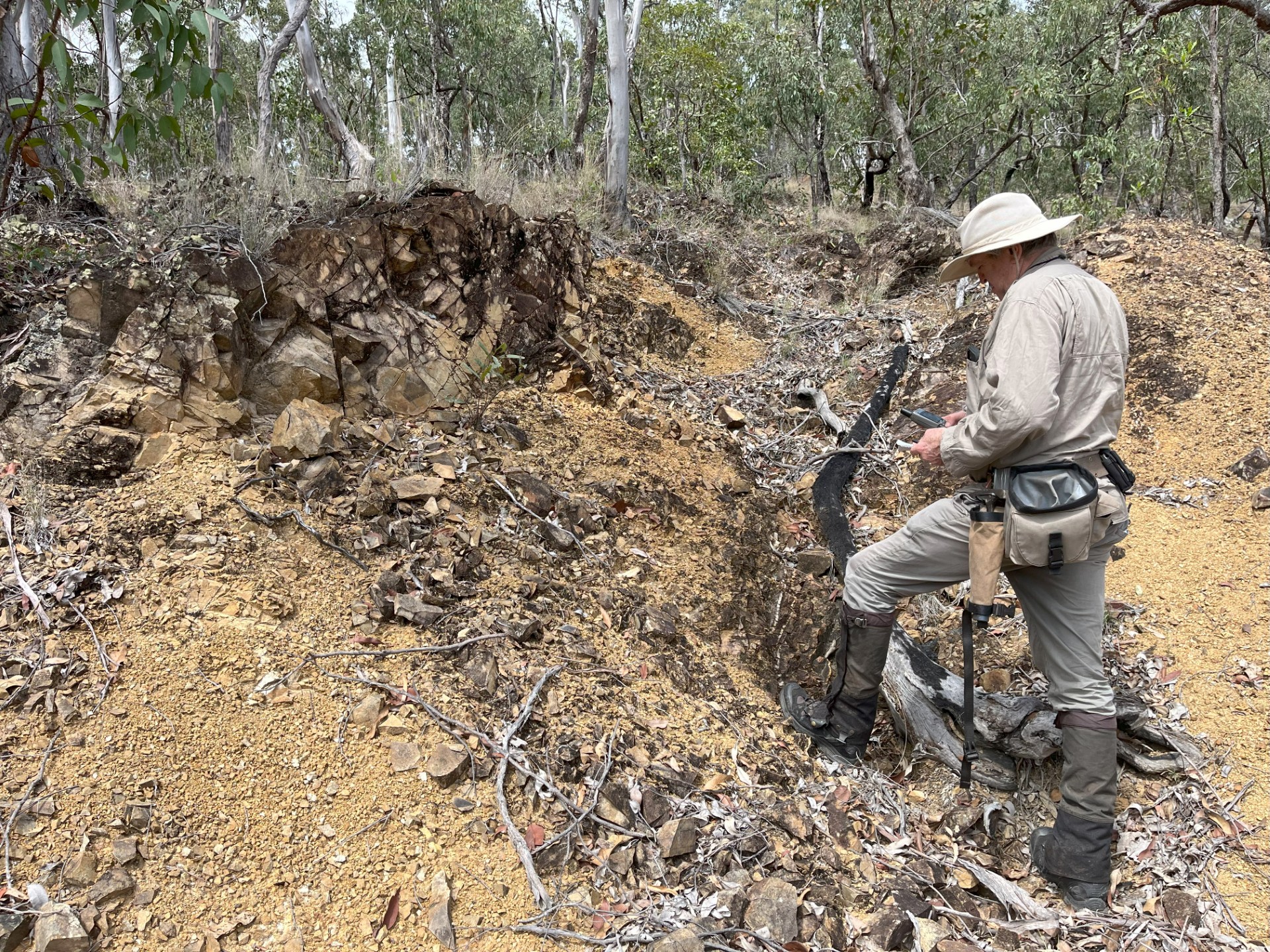

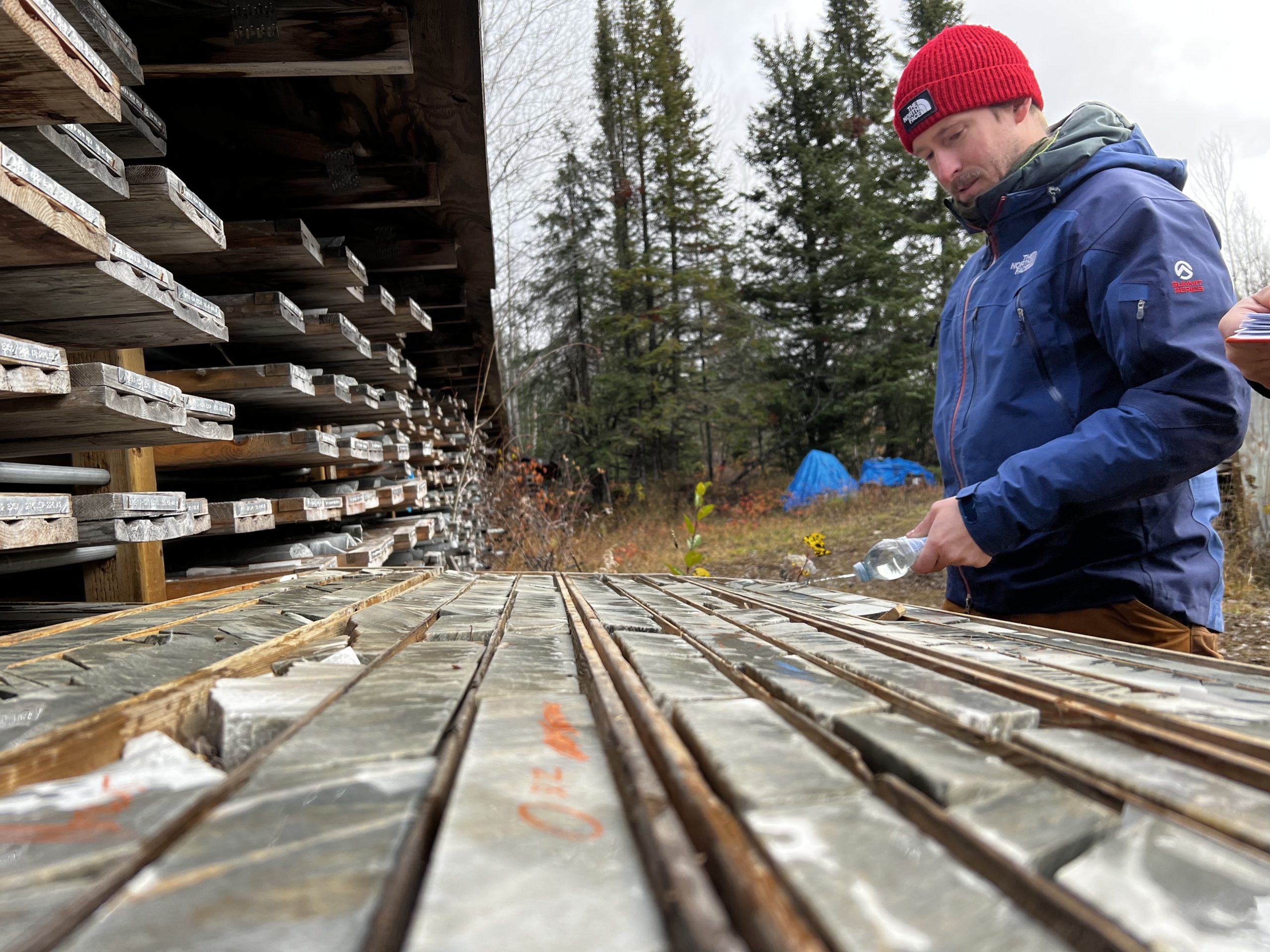
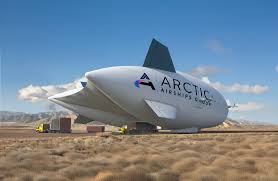
Comments